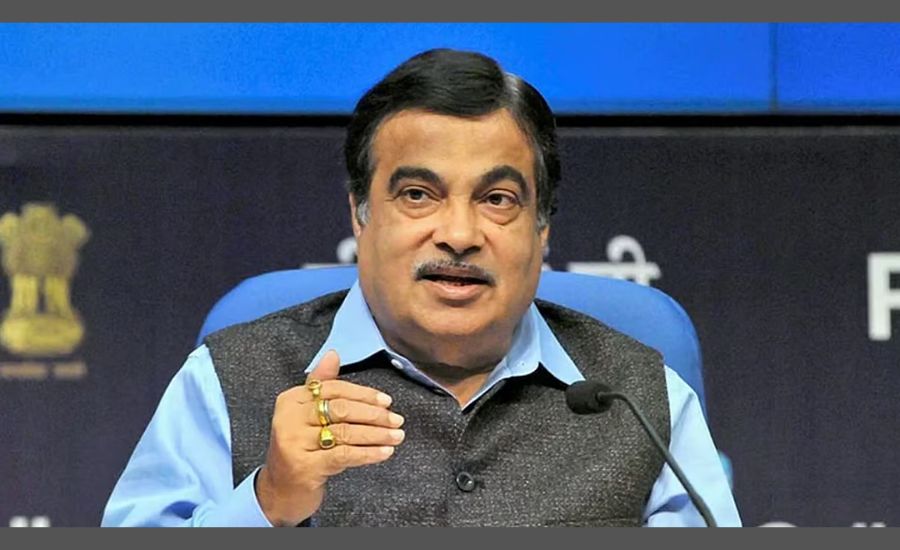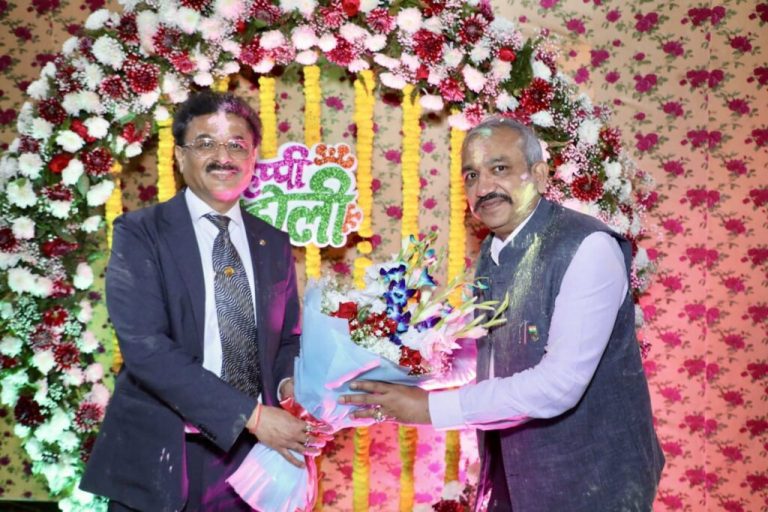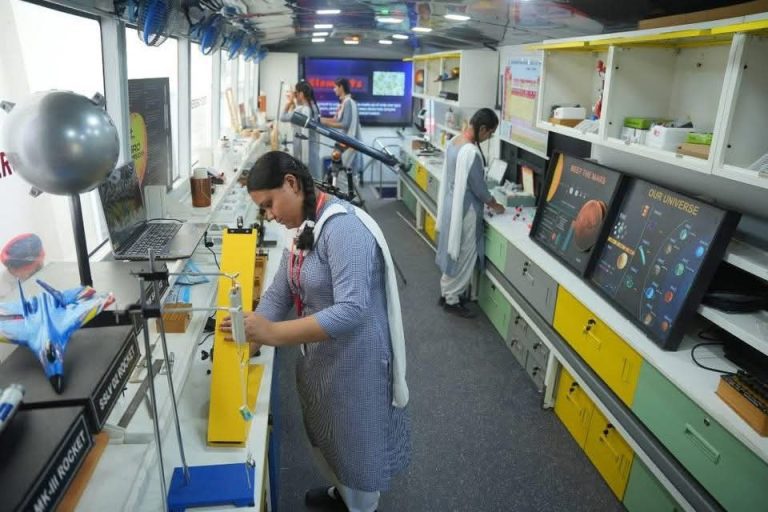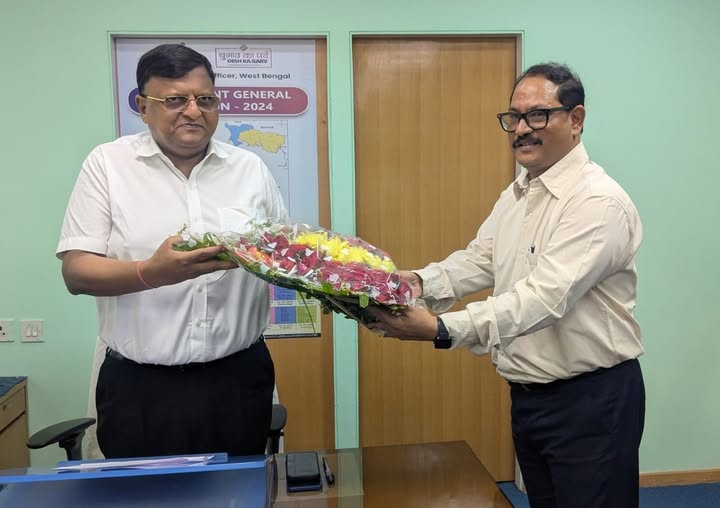New Delhi: The Government of India is spearheading a massive infrastructure expansion, constructing 25 greenfield expressways covering a total length of 10,000 kilometers across the country at an estimated cost of Rs 6 lakh crore. This announcement was made by Union Minister for Road Transport and Highways, Nitin Gadkari, during the Annual Session of the PHD Chamber of Commerce and Industry (PHDCCI) on Thursday.
Strategic Infrastructure Projects Accelerating Connectivity
Minister Gadkari shared that the construction of the strategically important Zojila Tunnel, which will provide all-weather connectivity between the Ladakh region and the rest of India, is 75-80% complete. The tunnel is expected to revolutionize transportation in this critical border region.
Further, the minister revealed that monetization of road projects could bring in Rs 15 lakh crore to the highways ministry, providing much-needed funds for future projects.
Reducing Logistics Costs to Boost Competitiveness
Highlighting the impact of expressway construction and development of economic corridors, Gadkari noted that India’s logistics costs have dropped significantly from 16% to 10% of GDP. He forecasted a further reduction to 9% by December 2025, which would greatly enhance India’s competitiveness in global markets.
For comparison, logistics costs stand at around 12% in the US and European countries, and 8-10% in China.
Ambitious Growth Targets for India’s Automobile Industry
Addressing the automobile sector, the minister set a bold target to make India the world’s number one automobile manufacturer within the next five years. He pointed out that when he assumed office as transport minister, the industry’s size was Rs 14 lakh crore, which has now grown to Rs 22 lakh crore.
The automobile sector currently provides employment to around 4 lakh youth and contributes the highest Goods and Services Tax (GST) revenue to both the Centre and states.
In global comparison, the US automobile industry is valued at Rs 78 lakh crore, followed by China at Rs 47 lakh crore, and India at Rs 22 lakh crore.
Clean Energy Transition and Agricultural Boost
Gadkari emphasized the economic burden of India’s reliance on fossil fuel imports, which cost the country Rs 22 lakh crore annually. He stressed the urgent need for clean energy adoption to address both environmental hazards and economic losses.
Focusing on agriculture’s role in the economy, the minister highlighted a significant success story: farmers in Bihar and Uttar Pradesh earned an additional Rs 45,000 crore by producing ethanol from corn.
He explained that after the government decided to blend ethanol with petrol, the market price of corn surged from Rs 1,200 per quintal to Rs 2,800 per quintal, boosting farmer incomes substantially.
Tackling Pollution and Waste Management Innovations
Addressing Delhi’s severe air pollution problem, Gadkari called for urgent government action to reduce pollution levels.
He also noted an innovative step by the National Highways Authority of India (NHAI), which has utilized 80 lakh tons of solid waste for road construction projects across the country. Gadkari mentioned the problem of garbage mountains in Delhi and emphasized the importance of waste segregation and reuse to improve urban cleanliness.
Read also: Gadkari Sets ₹22 Lakh Crore Goal: India’s Auto Sector Eyes Global Top Spot































